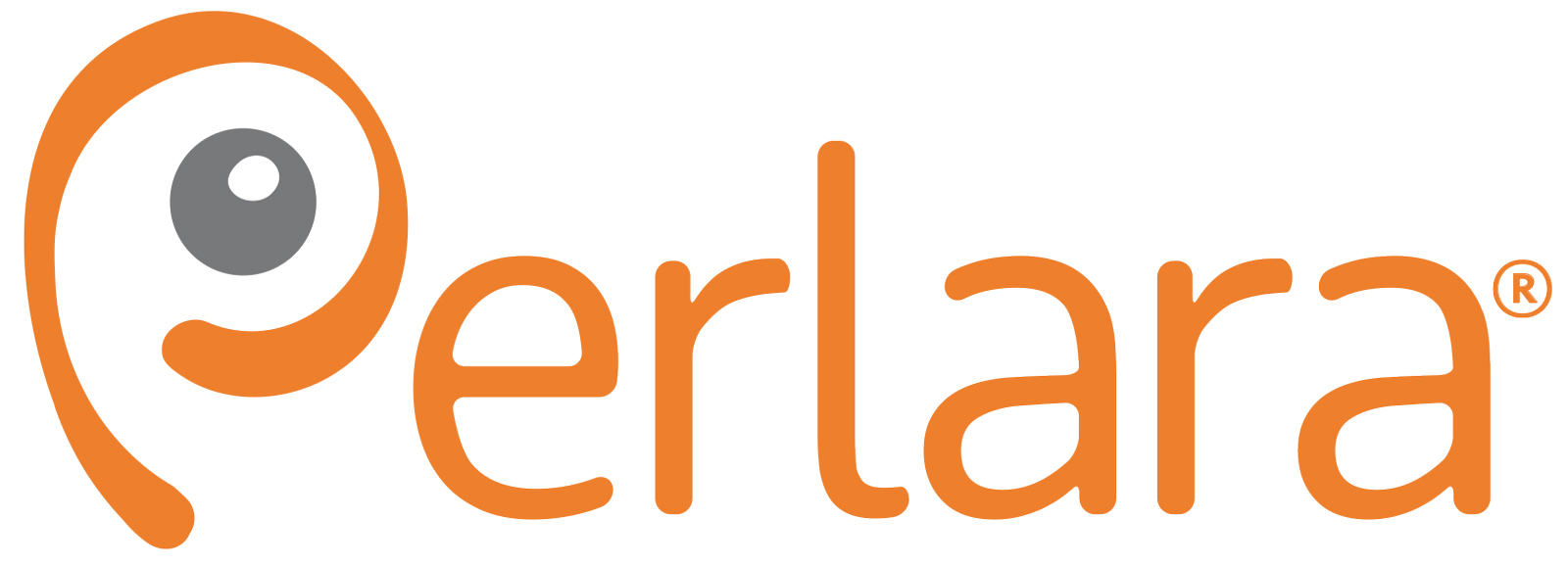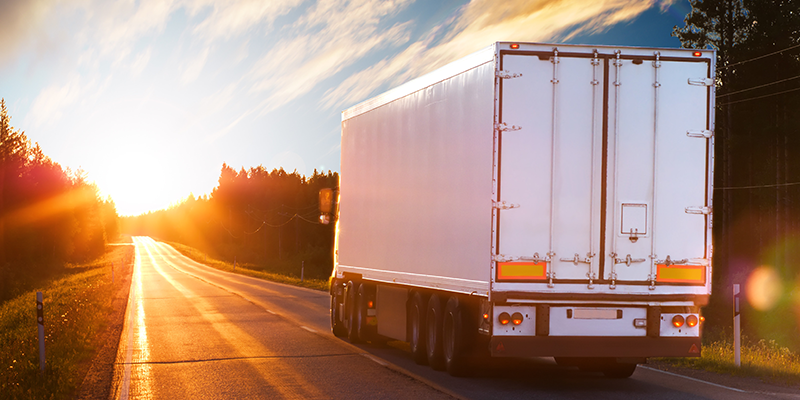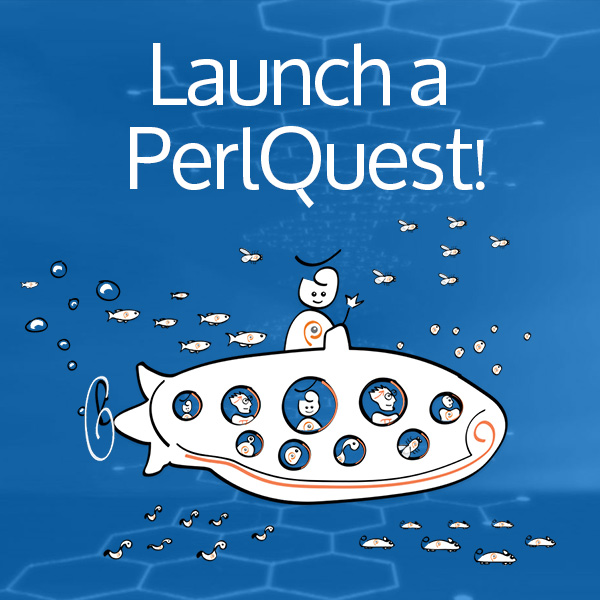As a Public Benefit Corp, it is our duty to sustain values that grow our company with more than profits in mind. We constantly ask ourselves, “How can we become kinder, more efficient, and less wasteful?” Therefore, we must be conscious of our day-to-day decisions and how they not only affect our bottom line, but also the impact they have on society and the environment.
To do this, we do what scientists do well….collect data. We’ve begun measuring our carbon footprint associated with purchasing lab supplies, specifically, the shipping distance. Saving $30 on a chemical is nice for the bottom line, but the environment suffers if it’s shipped to our San Francisco lab from St. Louis (~2,057 miles) instead of San Diego, CA (~501 miles).

Pins show location of a specific supplier. Circled numbers represent multiple pins in a small area. Perlstein Lab is located at the tip of the green arrow in SF.
Our virtual lab manager from HappiLabs has mapped the location of most of our suppliers to provide insight into our shipping footprint. As we grow, we will continue to find and work with manufacturers and suppliers who are “local,” such as E&K Scientific, Pipette.com, Spectrum Chemicals and Rainin. This will also support the local economy.
Shipment stats (according to our August purchasing data)
- Longest shipments: $143 worth of stir bars from Amazon. For whatever reason, Amazon shipped them through 3 cities for a total of 3052 miles. We also bought accessories for our Biotek liquid handler, which cannot be purchased from anywhere else. That shipment was 3048 miles from Vermont.
- Shortest shipment: sending DNA samples to Sequetech covered 33.6 miles.
- Average and median shipment: The average for our shipments in August is 1354 miles. Median = 993 miles.
In some instances, our purchasing decisions are difficult. We decide to promote a societal benefit with a sacrifice of the environmental cost. For example, we’ve chosen to start buying supplies from Dot Scientific because we support the diversity of women-owned suppliers at the cost of shipping from Michigan (2391 miles) instead of similar suppliers in California, like E&K Scientific (42 miles).
The impacts of our day-to-day decisions may be small, but as we grow, Perlstein Lab wants to be a model for other labs to follow. Then, as a community of labs who are consciously making decisions, our efforts will result in a cumulative and significant impact on society and the environment.
Here are questions we ask ourselves as a Benefit Corp; will your lab do the same?
- How many miles do supplies travel to get to the lab? Can we find a local supplier?
- Are our suppliers classified as a small or women-owned business? Forbes mentions that job growth depends on the growth and power of small businesses.
- How can we decrease the quantity of shipping waste in our processes? We were not happy with the waste we created during our setup phase a few months ago (below photo, ugh), but we learned from that mistake.

We want to work and partner with other biotechs, scientific suppliers, and organizations to help the process of scientific research become more friendly to the environment and the society that depends on it. Please reach out if you want to brainstorm ideas: labmanager@perlsteinlab.com.
Image: (c) Can Stock Photo / BIGTAU


